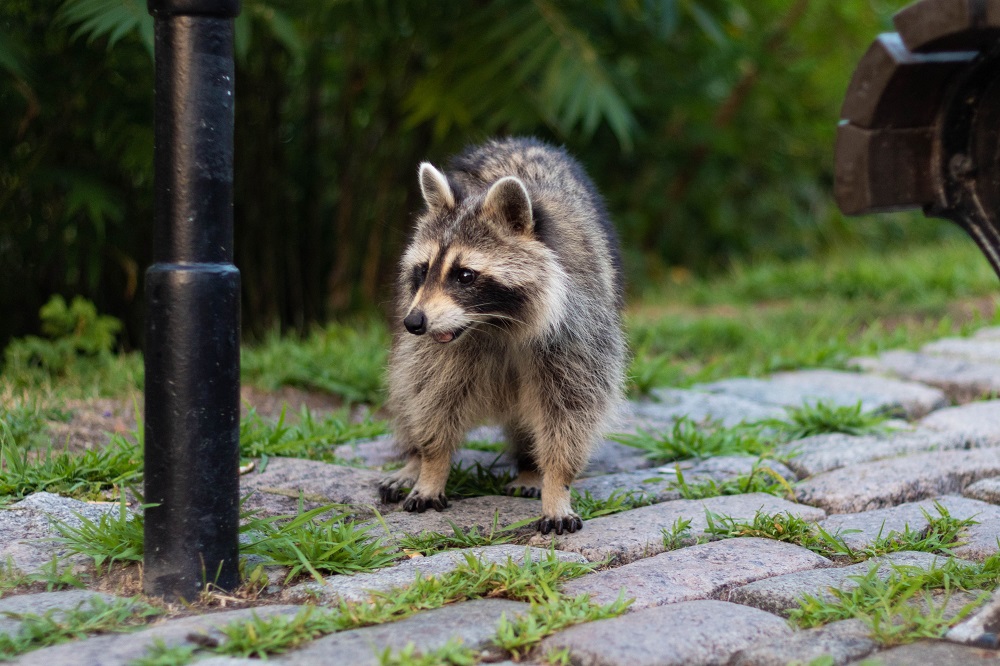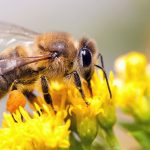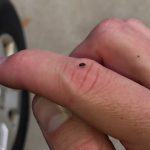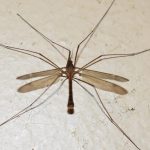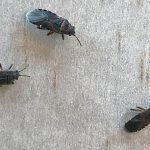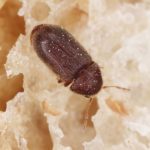Are you a fan of cute, furry creatures like raccoons?
While they may seem harmless, raccoons can cause chaos and even fires in homes and gardens. If you hear strange noises in the middle of the night, it’s possible that raccoons are to blame.
As raccoons are nocturnal, their distinct sounds are more likely heard at night.
However, these sounds can be easily mistaken for those of other critters like squirrels or rats. Don’t worry, though – with our help, you’ll soon be able to differentiate between them.
In this blog post, we’ll show you how to spot raccoon sounds and what to do if you suspect these masked bandits have invaded your home or garden. We’ll cover everything from chattering and growling to hissing and more.
Plus, we’ll give you tips on discouraging raccoons from entering your space and causing trouble.
What Are Raccoon Sounds?
Contents
Raccoons are fascinating creatures with various vocalizations ranging from sharp chirps to low growls.
Homeowners need to understand these different raccoon sounds, as they can help identify if there’s an infestation and what action to take. One of the most common raccoon sounds is a series of chattering noises.
These sounds are usually heard when young raccoons scream out for food or attention or when an adult raccoon feels threatened or agitated. During mating season, male raccoons may also use this sound to compete for females.
Hearing a low growl or snarl is a sign that an adult raccoon feels threatened or cornered. This sound should never be taken lightly because it could be a warning that the raccoon is about to attack.
It’s best to stay away from the animal until it moves ahead. Raccoons can also make scratching and rustling sounds while they move about in crawl spaces, attics, and other areas of your house.
These sounds could indicate that a raccoon has taken up residence on your property, so taking action as soon as possible is vital. Apart from vocalizations, raccoons also make non-vocal sounds like scratching and thumping.
These sounds are often heard at night when raccoons are searching for food. To discourage raccoons from entering your house, lock your garbage cans and seal any entry points.
If you hear any unusual sounds from your house at night, it’s best to call a wildlife removal specialist to inspect your property and determine if you have a raccoon infestation.
Common Raccoon Sounds
One of the most recognizable sounds is the raccoon’s vocalization, which is a high-pitched squeal. You might hear this when raccoons fight, mate, or feel threatened.
If you hear this sound, keeping your distance and giving these furry creatures some space is best. If you hear a chattering sound, the raccoon is likely feeling agitated or threatened.
It’s often accompanied by hissing or growling. If you encounter a cornered raccoon making this sound, it’s essential to step back slowly and call a wildlife removal specialist if necessary.
Raccoons may also make a low growling noise to warn predators or other animals they consider a threat. They often puff up their fur and stand on their hind legs to appear more prominent.
A screeching noise is one of the most alarming sounds that raccoons can make. If you hear this sound from inside your home, it could mean a raccoon has become trapped or injured.
In this instance, it’s best to call a wildlife removal specialist to remove the raccoon from your house safely. It’s important to note that not all raccoon sounds are audible to humans.
If you suspect a raccoon infestation on your property, it’s best to contact a wildlife removal specialist for further investigation.
Chattering Noise
This unique sound is one of raccoons’ most common and essential sounds.
If you hear this sound from inside your house, taking immediate action is crucial. Let’s explore why.
The chattering noise is a warning signal that raccoons use to communicate with other raccoons or animals they perceive as threatening. This sound is typically high-pitched and rapid, like repeated chirping or chattering teeth.
It’s a way for raccoons to alert their families of danger, especially when encountering predators.
The chattering noise is not just a warning signal. During mating season, male raccoons use this sound to attract females.
The chatter is more extended and rhythmic in this situation than when they feel threatened. Now, let’s discuss why you should immediately act if you hear chattering sounds inside your house.
Raccoons can cause significant damage to your property, from tearing up insulation to chewing through wires. Their feces and urine can also spread diseases, making you and your family unsafe.
Therefore, calling a licensed wildlife removal company is vital if you hear chattering sounds coming from inside your house. These experts are well-trained to safely and humanely remove the raccoons from your property without causing any harm.
If you hear this sound coming from inside your house, don’t hesitate to call a reputable wildlife removal company to safely and humanely remove the raccoons from your home.
Low Growl or Snarl
Raccoons are fascinating creatures with various vocalizations, from chattering and whining to hissing and growling.
However, raccoons make one of the most distinctive sounds is a low growl or snarl, which can be pretty alarming. If you hear a low growl or snarl from your attic or crawl space, it’s a telltale sign that a raccoon has taken up residence in your home.
These sounds can be loud and intimidating, but they’re usually a warning rather than an attack. To identify a low growl or snarl from a raccoon, listen for a deep, guttural sound similar to a dog’s growl.
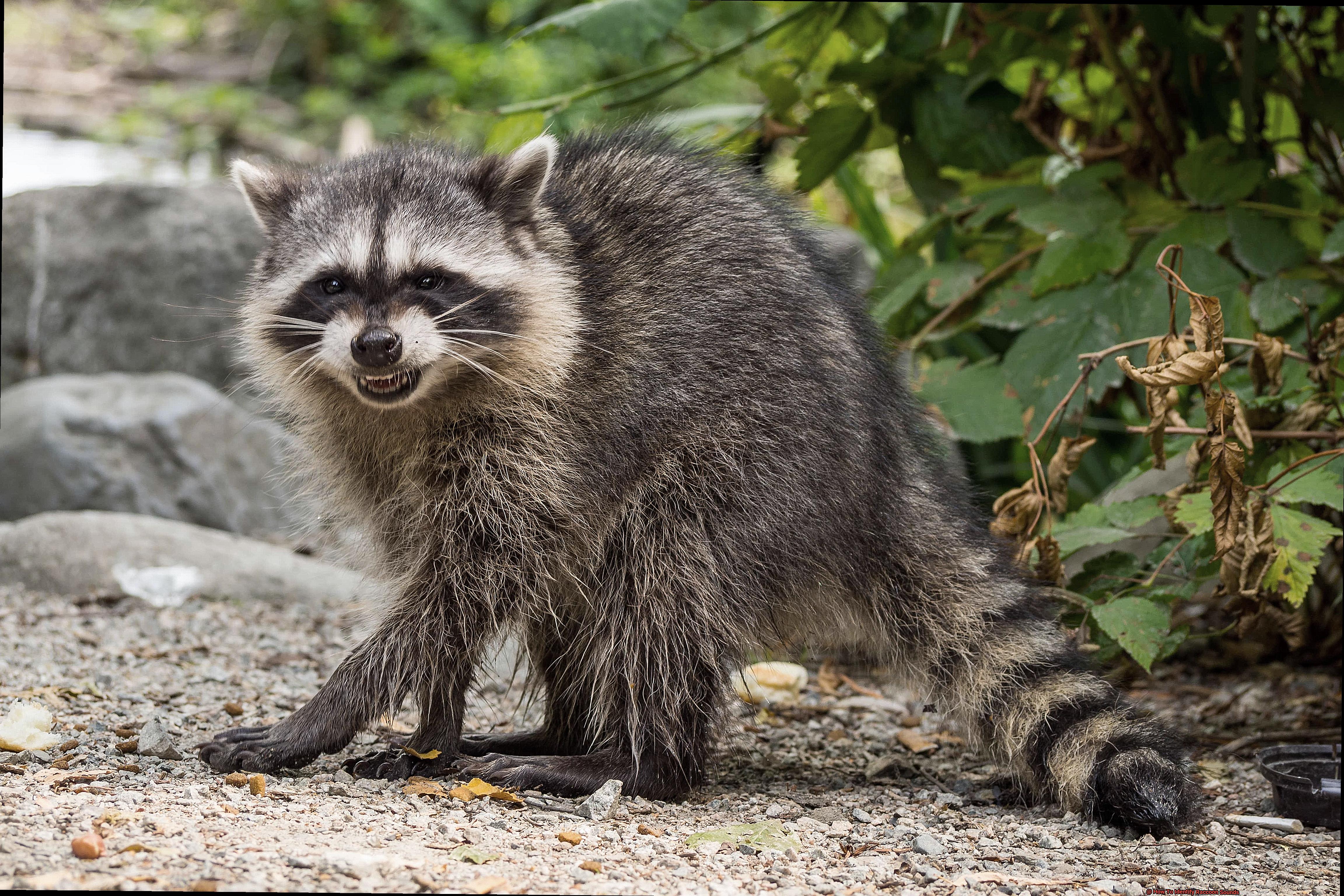
The pitch may vary depending on the size and age of the raccoon, but it will generally be low and rumbling. Encountering a raccoon and making these sounds can be frightening, but it’s essential to remain calm and avoid approaching the animal.
Raccoons can be unpredictable and may attack if they feel threatened or cornered.
Instead, contact a professional wildlife removal service to safely and humanely remove the raccoon from your property.
Scratching and Rustling Sounds
These crafty creatures are known for their climbing abilities, which means they can easily scale walls and enter attics or crawl spaces.
Once inside, they create a cozy nest or den where they can sleep, mate, and raise their young. If you’re wondering how to determine if raccoons cause the sounds you hear, here’s what to look out for.
Scratching sounds typically occur as raccoons climb up and down walls or crawl spaces. Their sharp claws scrape against wood, drywall, or insulation, creating a distinct noise.
Rustling sounds are produced when raccoons move around in their nests or dens. You may hear them shuffling about, moving objects, or even squabbling with each other.
It’s essential to remember that scratching and rustling sounds can also be caused by other critters like squirrels or rats. However, if you hear these sounds consistently at night, you will likely have a raccoon infestation.
Now, having raccoons in your home isn’t a big deal. Think again.
These furry intruders can cause significant damage to your property and pose a health risk to you and your family. They can gnaw on wires and insulation, rip up ductwork, and leave behind droppings and urine that can spread disease.
Plus, they can become aggressive and attack if they feel threatened or cornered. So, if you suspect raccoons have taken up residence in your abode, it’s crucial to act fast.
Refrain from handling the situation yourself, as raccoons are wild animals requiring specialized expertise. Instead, call a professional wildlife removal company to safely and humanely remove the raccoons from your home.
Identifying Raccoon Sounds
Raccoons communicate through vocalizations, including hissing, growling, snarling, and whimpering. These sounds are used to connect and establish dominance.
If you hear these noises at night, raccoons could be nearby. Scratching or thumping sounds are also common indications of raccoon activity.
With their sharp claws, raccoons can easily climb trees and buildings, making scratching or thumping sounds when trying to break into your home. If you hear these noises, acting quickly and calling a reputable wildlife removal company before the problem escalates is essential.
During mating season, female raccoons make chattering or purring sounds to attract males. These noises are usually heard in the springtime and could signify raccoon activity around your house.
If you suspect raccoons in your home, contact a professional wildlife removal company that can safely and effectively remove them without causing harm to the animals or humans.
Conclusion
In conclusion, identifying raccoon sounds is a vital skill for homeowners who want to safeguard their property and ensure the well-being of their loved ones.
These curious creatures are skilled at making a range of vocalizations, including chattering, whining, hissing, and growling. However, it’s easy to mistake these sounds for those made by other rodents like squirrels or rats.
Knowing the nuances of raccoon sounds is essential to distinguish between them. One of the most common raccoon noises is a series of chattering sounds.
Young raccoons often make these noises when hungry or seeking attention, while adult raccoons may produce them when distressed or agitated. In addition to vocalizations, raccoons can also create non-vocal sounds like scratching and thumping.
These noises could indicate that a raccoon has taken up residence on your property, so taking swift action is crucial. If you suspect raccoons in your home, don’t hesitate to contact a reputable wildlife removal firm.
They can safely and effectively remove the animals without causing harm to either humans or animals.

